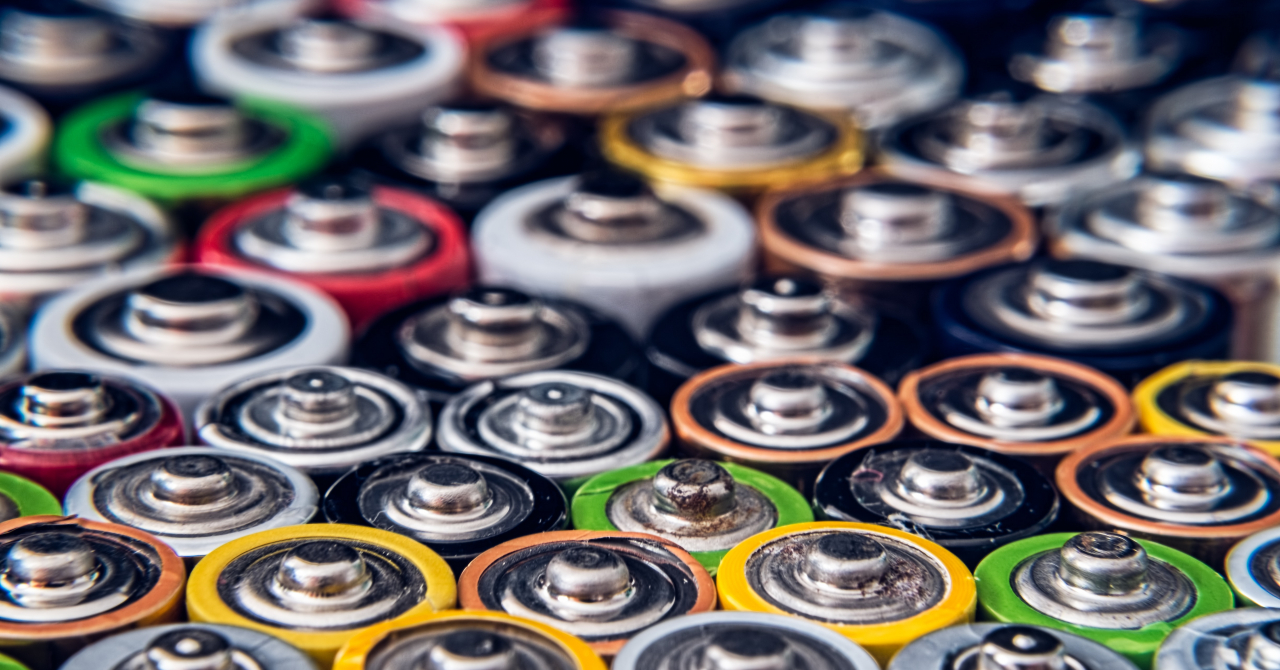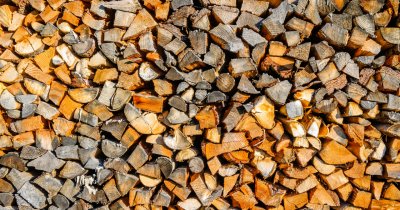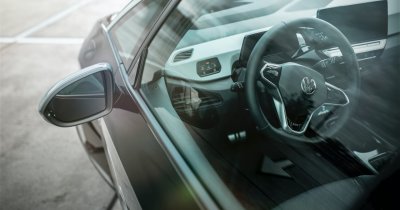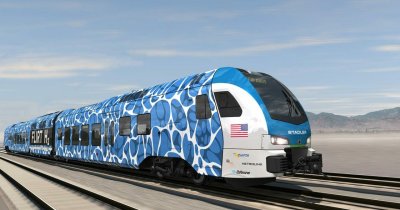According to Tesla's 2021 Impact Report, the American carmaker recycles every used battery it receives, with up to 92% of the raw materials recovered being used for new batteries.
Furthermore, the company explains that lithium only makes around 1.5% of the full battery pack weight, and the iron phosphate battery packs don't contain any cobalt or nickel.
"Tesla and the global battery supply chain will require significant quantities of responsibly produced lithium, nickel, cobalt, manganese, iron, phosphates, and many other minerals for the foreseeable future. While we recognize the critical role battery recycling will play in supplying a portion of these materials to enable a closed-loop supply chain, global cell production will continue to rely heavily on primary, mined materials to meet the growing demand in the short to medium term", the company stated in its Impact Report.
Due to the increasing demand in EVs, Tesla also stated that "the availability and affordability of these minerals and chemicals are key to advancing Tesla’s mission and accelerating the transition to sustainable energy. We will continue to collaborate with our suppliers and upstream producers in providing visibility to enable the scale up of key battery minerals."
“It is important to note that we expect our absolute cobalt demand to increase over the coming years because our vehicle and cell production growth rate is forecasted to outpace the overall rate of cobalt reduction on a per cell basis”, the company added.
In the report, the company also mentioned that it looks to use new technologies for mining that would allow it to have as little of an impact as possible on the local communities, as well as minimizing water usage in the process of extracting the required materials.
Last, but not least, Tesla is also committed to working with its suppliers in order to prevent the violation of any kind of human rights, putting a strong emphasis on the Tesla Human Rights Policy, as well as the company's other ethic codes.
 Mihai - Cristian Ioniță
Mihai - Cristian Ioniță












Any thoughts?